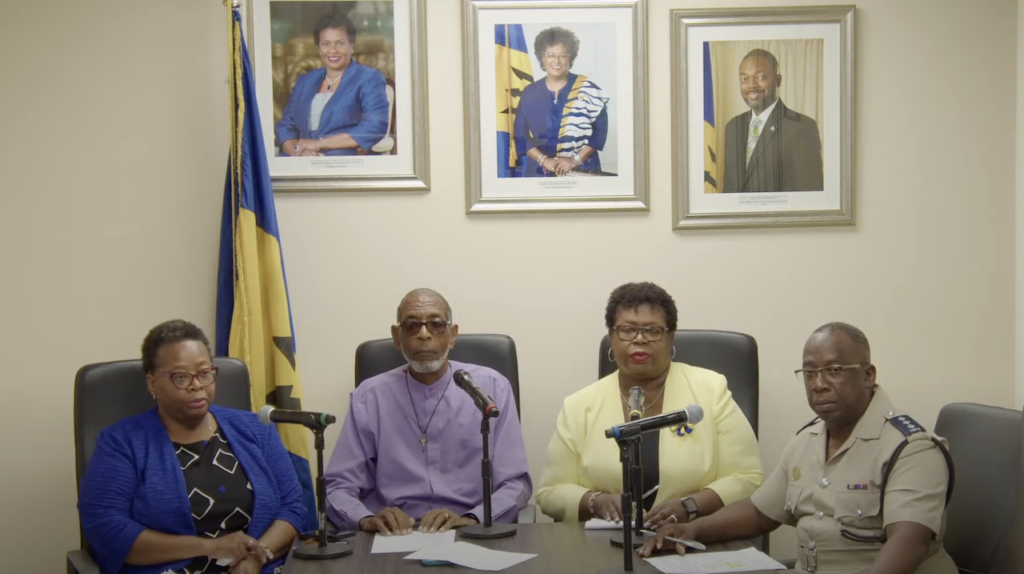Organisational chaos is said to exist when there is a state of confusion, generally characterised by disorder and anarchy. Internal chaos is inevitable within organisations, as members become divided when there are varied opinions on issues. The unwillingness to accept a change in leadership and give support to the programmes, policies, and initiatives of the leadership are chief among the concerns of disgruntled members.
Rebecca Homkes, a lecturer at the London School of Business and author of Survive, Reset, Thrive: Leading Breakthrough Growth Strategy in Volatile Times, advises that the goal is “to make the most out of changes by looking at new opportunities and possibilities”.
Erica Roberts, an organisational leadership development consultant and career coach, observed that “there’s no stability in the world today”.
She added: “Change is constant, so rather than fear it, embrace it and adapt to it.” Roberts also made two other important points: first, resist the urge to post about workplace chaos on social media; and second, “There is danger in oversharing, and what you say can have future consequences.” (Through Organisational Chaos by Rebecca Knight, February 6)
It is regrettable that matters of concern, contention, or dispute within an organisation are thrown into the public domain. This can potentially damage the organisation’s image and reputation. By involving traditional and social media, the door is opened wide for distortions, prejudices to evolve, and untruths to be told. There is a need to guard against those with partisan interests and biases who resort to social media platforms to vent, often without knowledge, facts, or evidence to support their positions. Then there are commentators, talk show hosts, radio callers, and analysts who join the discourse with the apparent intent of being fair and reasonable but lack objectivity, balance, and fairness, leaving themselves open to accusations of bias.
For all the reasons above, those who lead or aspire to lead should be aware that putting in-house business in the public domain is not advisable. Disgruntled individuals should understand that through their actions and behaviour, they run the risk of being charged with bringing the organisation into disrepute. Democracy should not be interpreted to mean that one has the right to do as one pleases, breaching rules and regulations, and engaging in improper conduct.
While forms of protest should not be condemned or denied, any action taken must be done responsibly and with dignity. It is important to remember that there is a right way and a wrong way of doing something, and more importantly, that two wrongs don’t make a right.
It is a serious cause for concern when members of an organisation or workplace are unwilling to abide by the rules, regulations, policies, procedures, and processes which govern the operations of the organisation or enterprise. In the case of organisations, it is a sign of gross disrespect when blatant disregard is shown for the constitution, which is the governing instrument.
Much is often made about observing democratic principles and protecting one’s rights. There can be no argument against either of these. However, for the sake of consistency in practice, it can only be described as pathetic if actions proceed with the full knowledge that fundamental principles, processes, and procedures are being violated.
Organisations or enterprises going through turmoil are advised not to lose sight of the bigger picture. Instead, they should work to reduce constant upheavals. The way to achieve this is to remain focused on the vision of the organisation and work relentlessly to satisfy the mission and achieve the goals set. It is expected that good leaders will take the high road. Rather than fighting fire with fire, they should aim to include disgruntled persons in the operations of the organisation by delegating tasks and engaging them through collaboration and dialogue.
Dennis De Peiza is a labour and employee relations consultant with Regional Management Services Inc.
The post Managed chaos: Embrace change, avoid public drama appeared first on Barbados Today.


